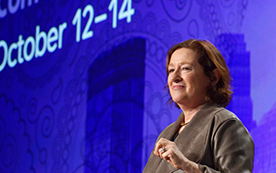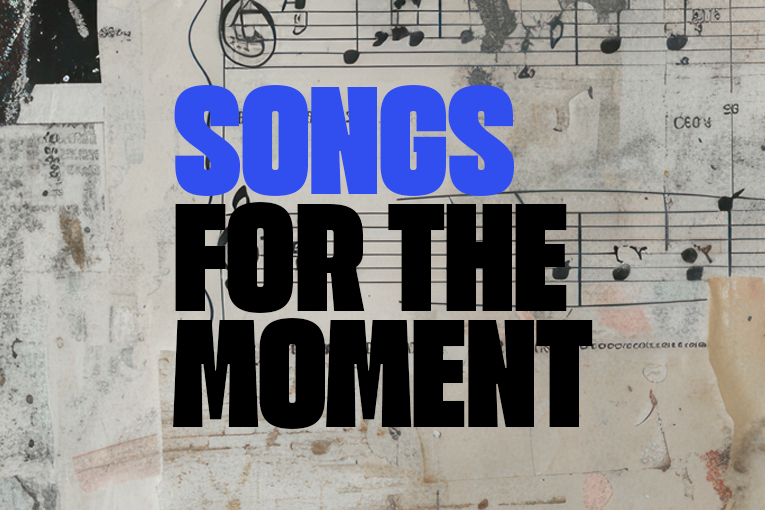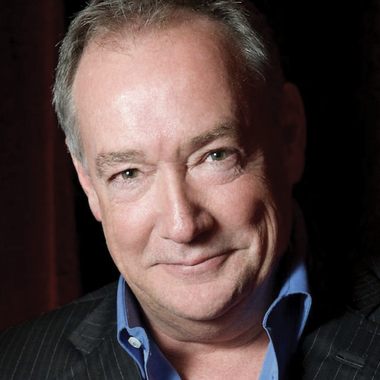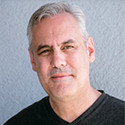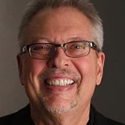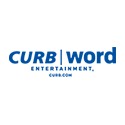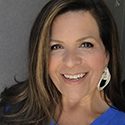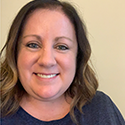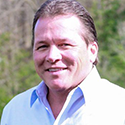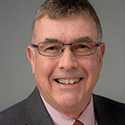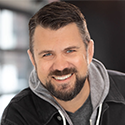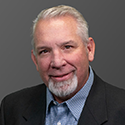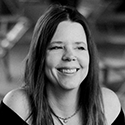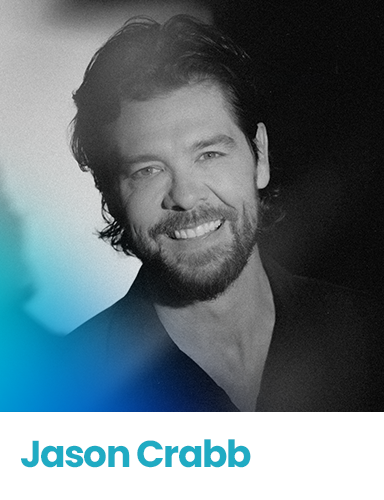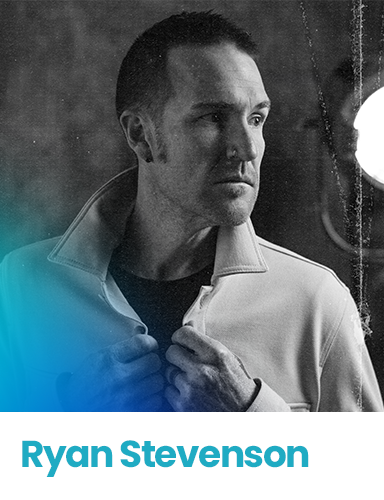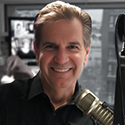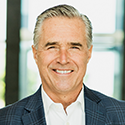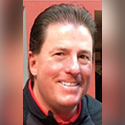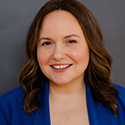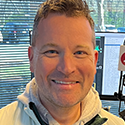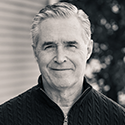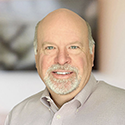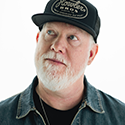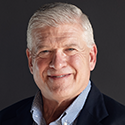
The True Job Of Music Selection Today
Music is emotional. It makes you feel. If you are playing music on radio, you are using that music to create, entertain and maybe even move your audience.
But we are not in the music business.
The Music Business vs. The Radio Business.
The music business is very difficult. Music labels often invest millions of dollars before finding out they don’t really have anything. Literally. By the way, this is why they say that the music business “isn’t for the faint of heart.”
The music business is about art, commercial music and high risk. They try to find unique and compelling artists, songwriters and producers that create artistic (or at least commercial) magic. Once they feel they have done that, it is about the songs. The pressure is on them to chase down the most compelling songs for their artists and deliver recordings that move a mass audience.
Their promotion teams get paid to lure radio to play ALL OF THEIR SONGS to see which ones are hits. You know this if you’ve been in our business for a long time. Music labels rarely know if they have a hit. Their business is finding and leveraging those assets. Tempting radio to play all of their songs has long been a substantial path to figuring out which songs and artists resonate and can build a meaningful following.
Music also flows.
There are also good years and bad years in music and even the big experts don’t know how to predict when a valley is coming. Music directors and program directors must be careful as gatekeepers to avoid losing the audience by making strong choices, especially when we enter a valley.
So that brings us directly to the radio business. And to the program director and music director and his or her job and philosophy.
The temptation is what most of us fall for, especially early on. “I can pick the hits.”
May I suggest the reverse of this philosophy? Be humble. Don’t be the program director or music director seeking to pick the hits. If you truly believe you can pick the hit songs, you should consider trying to convince a music publisher that you would be the ideal candidate for their next CEO opening.
Instead, reverse it. Seek to eliminate the songs that you can prove are not hits early and often. Think of songs that hit your inbox as “suspects” instead of songs. That’s really what they are.
If you have callout music research, this is the strongest opportunity you have for understanding what your audience wants (and this is really your weekly goal when it comes to music selection). There are a variety of other tools, including streaming, MediaBase and data from your own website that can be used to understand better what your audience wants. Use the tools you have available and do everything you can to make your decisions about what your audience wants instead of what you think.
If you do this, you will be left with stone cold hits that people have high passion for and love. This will allow your radio station to set the stage for your personalities to do the real work of creating relationships with the audience your company most wants to attract and retain. That’s what music does: It sets the stage for the real work of relating to the audience.
What about the Radio Business?
A lot of people in our business think we are in the radio business.
We are not. We are in the influence business. If you work in the radio business, you are paid by your ability to influence outcomes.
You’ve heard it before: There is an art and a science to radio.
The Truth Everyone Needs To Know
The art is spoken content from personalities, promotions, events, image liners, positioning and the overall creative branding of the stations.
The science is the selection of music, rotations, song elimination and other architectural elements surrounding how we use the music business to produce a place where listeners will think of as “home.”
The music sets the stage for your personalities and everything comes together to create a trustful place where listeners can be entertained by what they seek. That’s brand. We shouldn’t mix these two things up. Music people are in one business; radio people are in another.
If you are the program director or music director, you don’t get paid to play all the songs the record companies want you to play so they can see which ones are hits. You’ve heard this before: It’s not what you play; it’s what you don’t play that makes you successful.
You Can Be Passionate & Still Do Your Job
To be a truly amazing program director or music director today, you must separate your emotion from music selection and have a consistent set of standards to help you eliminate challenges to familiarity and the consequences of playing songs that don’t drive passion in your target listeners. This doesn’t mean you have to eliminate passion; it means you have to understand your responsibility as a gatekeeper of quality, standards and knowing your audience.
You must be able to distance yourself from the early adopters and focus on the mainstream.
It’s the mainstream and not the fringes that create large success in our business. Fringes (early adopters in this case) are often the loudest, but they are not always important.
The main center is where the opportunity to grow audience exists in the largest way.
But How Do We Focus On Everybody?
Every time someone in your target audience flips on your station, we want the biggest and most familiar songs playing for them. You want them to experience “the good stuff.”
Creating that environment consistently makes you a winner.
That’s winning music philosophy.
Don’t get caught up in picking the hits. That appeals to our ego. Be smart and look to eliminate underperforming songs continuously. Do that and the hits will rise and so will you.
In developing your true music philosophy, try to see yourself as a music detective focused on finding the truth. The truth may not set you free, but when you focus on the truth to play only the hits, it’s very likely to lead to higher ratings. All. The. Time.
Loyd Ford is president and chief strategic officer at Rainmaker Pathway Consulting Works (RPC). They help local radio with ratings and revenue. Reach him anytime at 864.448.4169 or Ford@RainmakerPathway.com.

